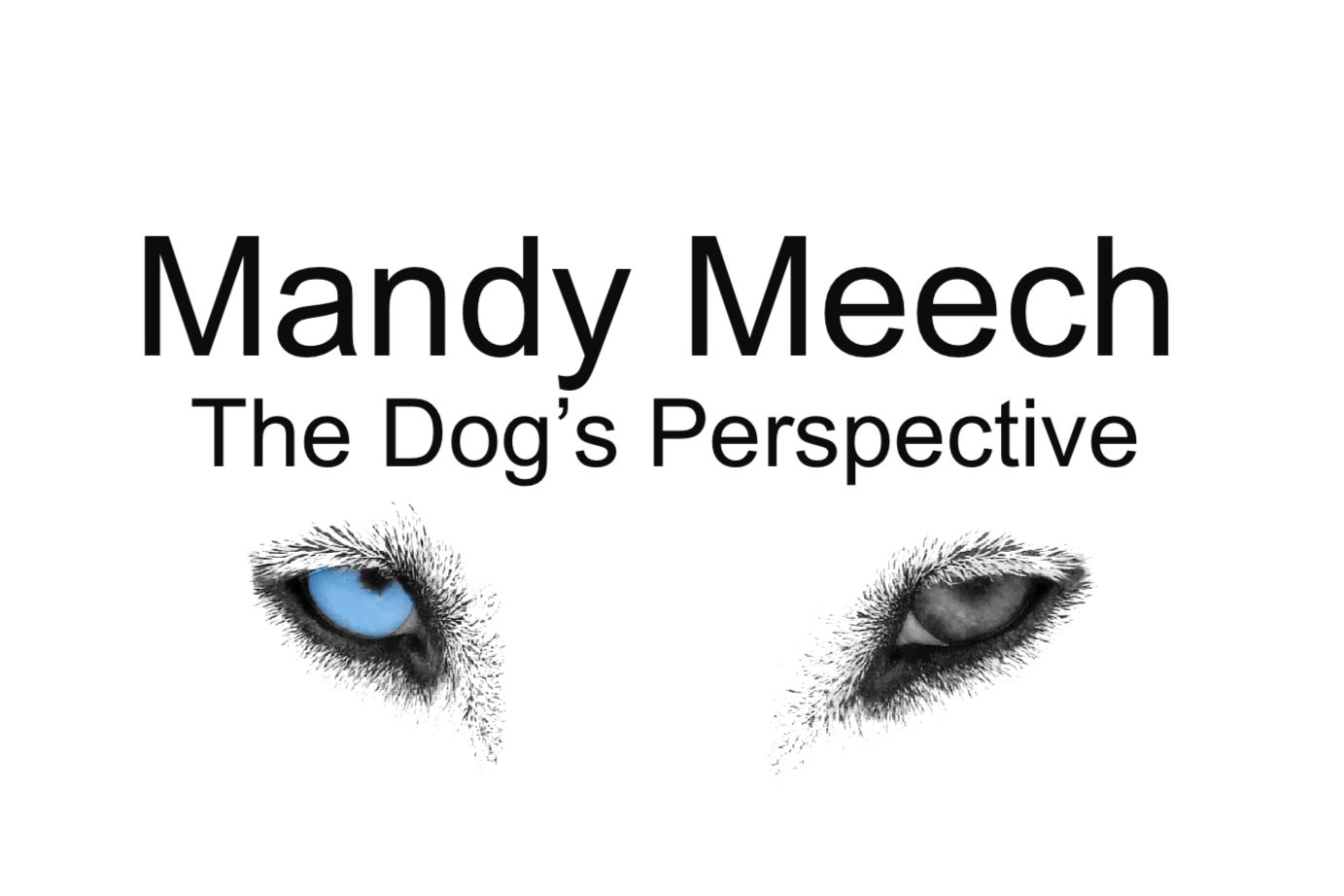Charlie and Kirsty’s experience of the Dynamic Dog Assessment process and what it has meant for Charlie
Originally, I began working with Mandy for some basic training with my 1yo rescue, Charlie. He had been with me for 4 months and was showing increasing reactivity, especially towards certain triggers such as novel situations, men and strangers, as he settled in.
He was assessed for pain by our vet and by myself in his home environment. I have worked as a Registered Veterinary Nurse for 8 years, so felt confident in assessing pain in dogs, and in both instances we found no pain responses to any limb or spinal manipulation.
We continued working on his behaviour, with little to no improvement, including medical management and training. When offered the opportunity to have a Dynamic Dog Assessment (DDA) with Mandy, I thought it would be unlikely to find anything, but worth a shot. The DDA process was easy to understand and to complete - I take photos and videos of my dogs constantly, so gathering evidence was no problem, and Mandy was available with help and advice throughout the process.
During his assessment so much became clear that had been completely hidden before. There was visible evidence of posture, stance and weight-bearing abnormalities, and once I noticed them there was no way to not see him constantly displaying these signs of discomfort.
Following his assessment, we went back to the vets with all of this new evidence that something was not quite right, and a week later he was diagnosed with severe hip dysplasia and arthritis in his left hind leg.
The knowledge of these conditions has allowed me to better manage Charlie and make him more comfortable, and his DDA assessment allowed us to reach out to specialists and get advice on his conditions and how best to manage them. He is now on pain medication, anti-inflammatories and joint supplements and goes to regular hydrotherapy sessions with a registered veterinary physiotherapist.
His behaviour has improved dramatically, his reactivity has reduced and he is better able to cope in situations that would previously have caused us both a lot of stress. Without having the vital information from his DDA assessment, I don't know if we ever would have known about his condition, at least not until it was much worse, or been able to get his behaviour under control.
The entire process has opened my eyes to just how much dogs will hide signs of pain and how well they compensate, and how behaviour can be a direct indication of their physical discomfort.
Kirsty & Charlie (aged 1 year 10 months at the time of assessment)







